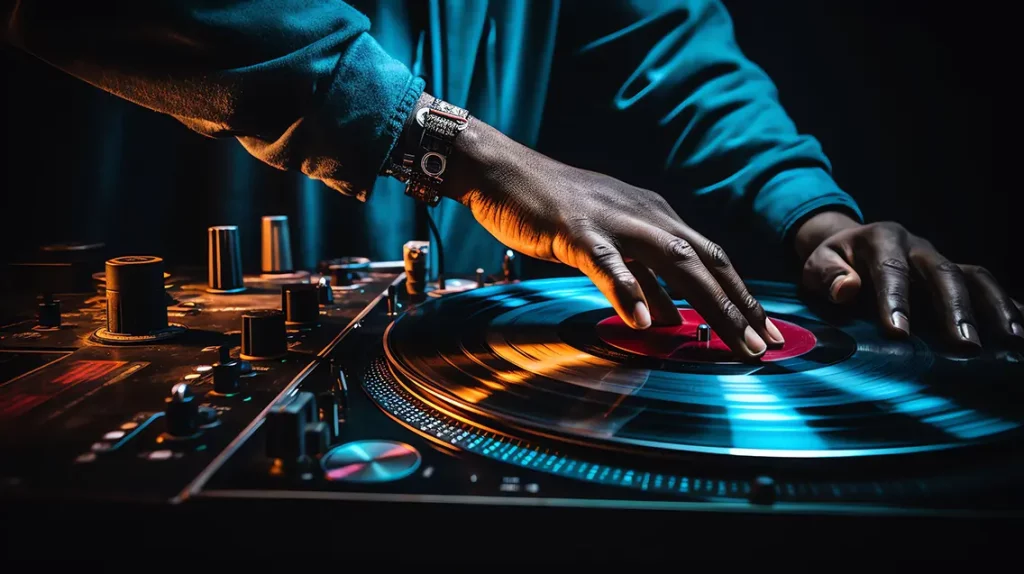As a DJ, your sound system is your most essential tool. Whether you’re rocking a club, spinning tunes at a wedding, or pumping up a crowd at a festival, the quality of your speakers can make or break the entire experience. But with so many technical specifications to consider, understanding speaker specifications can feel like deciphering a foreign language. Fear not, fellow DJs! In this guide, we’ll break down the most crucial speaker specifications to help you make informed decisions and elevate your sound game to the next level.
- Wattage (Power Handling): One of the most commonly misunderstood specifications, wattage refers to the amount of power a speaker can handle. For DJs, it’s crucial to match the power handling of your speakers with the output of your amplifier. Too little power, and your speakers might distort or even blow out; too much power, and you risk damaging your speakers. Look for speakers with power handling capabilities that match your amplifier’s output to ensure optimal performance.
- Frequency Response: Frequency response indicates the range of frequencies a speaker can reproduce, typically measured in Hertz (Hz). For DJs, a wide frequency response is essential for accurately reproducing bass-heavy tracks as well as crisp highs. Look for speakers with a frequency response that covers the entire audible spectrum, ideally ranging from around 20Hz to 20kHz.
- Sensitivity: Sensitivity measures how efficiently a speaker converts power into sound, typically expressed in decibels (dB). A higher sensitivity rating means the speaker can produce louder sound with less power input. For DJs, speakers with higher sensitivity ratings are preferred, as they can deliver impactful sound even at lower amplifier power levels.
- Impedance: Impedance refers to the resistance a speaker presents to the amplifier’s output. Most DJ speakers have an impedance of either 4 ohms or 8 ohms. Matching the impedance of your speakers with your amplifier ensures optimal power transfer and prevents overheating or damage to your equipment.
- Size and Configuration: Speaker size and configuration play a significant role in determining the overall sound quality and coverage area. For larger venues or outdoor events, consider larger speakers with multiple drivers (such as woofers, midrange drivers, and tweeters) to ensure ample volume and dispersion. For smaller venues or mobile setups, compact speakers with built-in amplifiers may suffice.
- Portability and Durability: For DJs who frequently gig at different venues, portability and durability are essential considerations. Look for speakers that are lightweight, easy to transport, and built to withstand the rigors of the road. Additionally, weather-resistant or ruggedized enclosures are ideal for outdoor events or unpredictable environments.
- Additional Features: Finally, consider any additional features or capabilities that may enhance your DJ setup. This could include built-in Bluetooth connectivity for wireless streaming, integrated DSP (Digital Signal Processing) for customizable sound shaping, or versatile mounting options for various setups and configurations.
Understanding speaker specifications is vital for any DJ looking to create unforgettable sonic experiences. By considering factors such as wattage, frequency response, sensitivity, impedance, size and configuration, portability and durability, and additional features, you can select the perfect speakers to elevate your performances to new heights. So go ahead, do your research, invest in quality gear, and let the music speak for itself!











